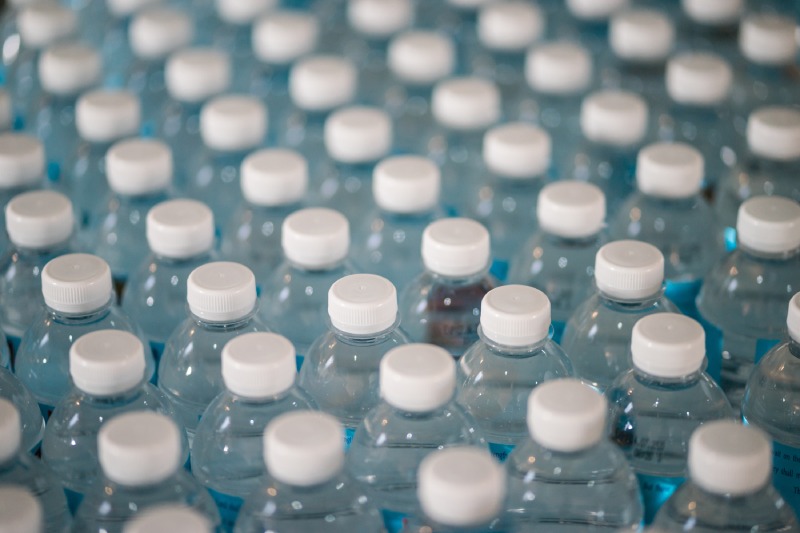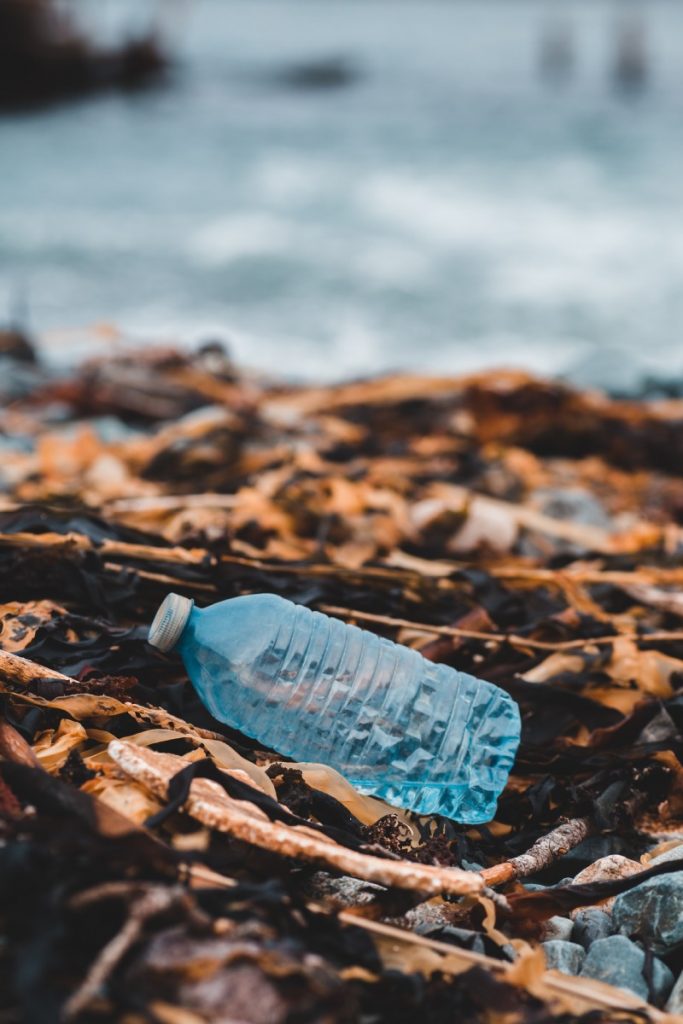In an era where environmental consciousness is more crucial than ever, the harmful impact of plastic water bottles on our planet cannot be overlooked. From contributing to pollution and endangering wildlife to depleting resources and releasing toxic substances, plastic water bottles have emerged as a global concern. This article delves into the manifold reasons why a ban on plastic water bottles is imperative for the well-being of our environment and society.

The Ubiquitous Problem: Plastic Pollution
Plastic pollution has reached alarming levels, with water bottles being a significant contributor. These bottles often end up in landfills and oceans, taking hundreds of years to decompose. They fragment into microplastics, entering the food chain and posing threats to human health. The following points underline the gravity of this issue:
Alarming Statistics
- Each year, approximately 8 million metric tons of plastic enter the oceans, with water bottles being a substantial portion of this waste1.
- The production of plastic water bottles requires millions of barrels of oil annually, further exacerbating resource depletion2.
Environmental Impact
The environmental consequences of plastic water bottles are profound and widespread, affecting both terrestrial and aquatic ecosystems.
Wildlife Disturbance
Plastic waste, including water bottles, is often mistaken for food by marine and land animals, leading to ingestion and fatal consequences. Sea turtles, seabirds, and marine mammals are particularly vulnerable3.
Carbon Footprint
The production, transportation, and disposal of plastic water bottles contribute significantly to greenhouse gas emissions. By banning these bottles, we can take a substantial step towards reducing our carbon footprint4.
Resource Depletion
The production of plastic water bottles demands vast amounts of natural resources, further straining our already limited reserves.
Depleting Water Resources
The manufacturing process of plastic water bottles is water-intensive, aggravating water scarcity issues. Switching to sustainable alternatives would alleviate this strain on local water supplies5.
Health Concerns
Plastic water bottles aren’t just detrimental to the environment; they also pose health risks to humans.
Leaching of Harmful Chemicals
Plastic bottles contain chemicals like BPA and phthalates, which can leach into the water, especially when exposed to heat or sunlight. These substances are potential endocrine disruptors and have been linked to health problems6.
Advantages of Banning Plastic Water Bottles
Implementing a ban on plastic water bottles brings forth numerous benefits, ranging from ecological improvements to economic savings.
Ecological Advantages
- Reduced Plastic Pollution: A ban would lead to fewer plastic bottles ending up in landfills, oceans, and natural habitats.
- Wildlife Protection: Marine and terrestrial animals would be less exposed to plastic ingestion and entanglement.
- Preserved Ecosystems: The ban would contribute to the preservation of ecosystems, safeguarding biodiversity.
Economic Gains
- Savings on Production: A decrease in plastic water bottle production would result in lower oil consumption and subsequent cost savings.
- Waste Management Reduction: Fewer plastic bottles would lead to reduced waste management costs for communities and governments.

A Call to Action
To illustrate the urgency of a plastic water bottle ban, consider the following table highlighting key statistics:
| Statistics | Figures |
|---|---|
| Plastic bottles in oceans | 8 million metric tons |
| Oil used in production yearly | Millions of barrels |
| Plastic decomposition time | Hundreds of years |
| Greenhouse gas emissions | Significantly impacted |
| Chemical leaching effects | Health risks |
Conclusion
Plastic water bottles have entrenched themselves as a symbol of environmental degradation, resource wastage, and potential health hazards. By embracing sustainable alternatives, imposing bans, and promoting awareness, we can embark on a journey toward a cleaner, healthier, and more sustainable world. The time to act is now, and the collective efforts of individuals, communities, and governments can pave the way for a future free from the shackles of plastic water bottle pollution.
Footnotes
1. Source: National Geographic. “8 million tons of plastic enter the ocean every year.” (https://www.nationalgeographic.com/environment/article/8-million-tons-of-plastic-dump-into-worlds-oceans-annually) ↩
2. Source: The Water Project. “The Impact of Bottled Water.” (https://thewaterproject.org/bottled-water/the-bottled-water-industry/the-impact-of-bottled-water) ↩
3. Source: Ocean Conservancy. “Marine Debris: Trash That Kills.” (https://oceanconservancy.org/trash-free-seas/plastics-in-the-ocean/) ↩
4. Source: Plastic Pollution Coalition. “Plastic Footprint.” (https://www.plasticpollutioncoalition.org/plastic-footprint) ↩
5. Source: The Water Footprint Network. “The Water Footprint of Bottled Water.” (https://waterfootprint.org/en/resources/waterstat/water-footprint-statistics/water-footprint-bottled-water/) ↩
6. Source: Environmental Health Perspectives. “Most Plastic Products Release Estrogenic Chemicals: A Potential Health Problem That Can Be Solved.” (https://ehp.niehs.nih.gov/doi/10.1289/ehp.7713) ↩




